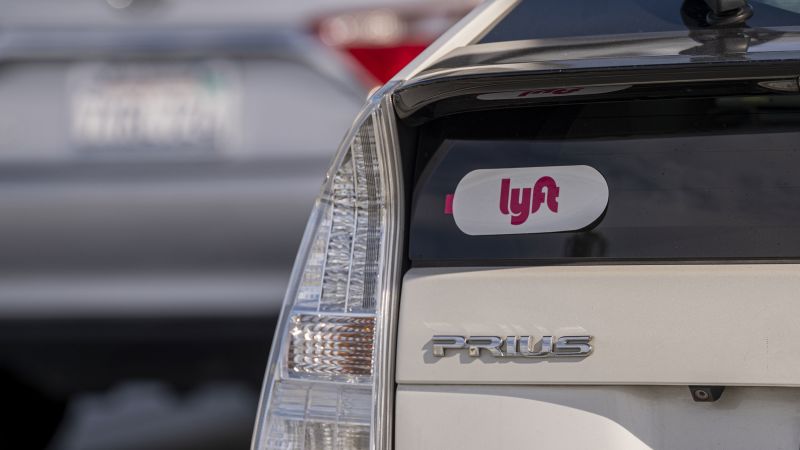Lyft and Uber say they will leave Minneapolis if the mayor signs a minimum wage bill for drivers::Lyft and Uber threatened to stop doing business in Minneapolis after the city council adopted a new rule Thursday that would set a minimum wage for rideshare drivers.



I’d be curious to see which would be more practical: a decentralized version of Lyft/Uber powered by blockchain, or an employee-owned version of Lyft/Uber where workers keep all their earnings and pay a small portion for administrative fees to keep the app running.
Admittedly I’m always skeptical of blockchain’s ability to actually solve problems. But maybe it would have fewer infrastructural costs? Who knows
Great points!
The reason I jump to recommending crypto rather than a co-op (I’m actually a libertarian-socialist and am a big fan of co-ops) is that, unless you make it impossible for people to be corrupt through public ledgers and DAO’s, they eventually WILL take the opportunity to be corrupt.
If implemented correctly, crypto can be harnessed as a technology that makes corruption IMPOSSIBLE.
IMO, it gets a bad rap because of bad actors and the public’s misinterpretation of the power structures of sketchy, centralized implementations of the tech (like Luna and FTX). However, a truly decentralized, open source chain could definitely be the backbone to a truly trust-less, truly decentralized version of this. If you really look into it, the more decentralized a crypto project, the more it can be trusted.
For me, the best trust metric that seems to hold strong over the years is initial token allocation.